According to research conducted by Glassdoor — the professional services’ answer to TripAdvisor — 74% of active job seekers are likely to apply for a job if the employer actively manages its employer brand. As many schools and businesses continue to feel the ripples of The Great Resignation era, ensuring that your school is at the top of the proverbial pecking order for the best teaching talent should certainly be a priority. But the question is, a priority for whom?
Managing your employer brand can be a slippery assignment. Does it rest in the hands of your marketing team? Or is it Human Resources’ (HR) responsibility? The answer — like most things — is both. Teams that can work together interdepartmentally in an agile and flexible way are likely to be the winners in the employer brand race. And they will need you, the Head, to lead them.
So, what is employer branding? Glassdoor define it as, “The discipline of defining, developing and managing a company’s reputation as an employer,” By now, you should be accustomed to defining, developing and managing your school’s reputation with your target market, so it shouldn’t feel too dissimilar to do the same when targeting prospective and current staff.
In order to take charge of your employer brand, bring your HR team and marketing team together and run through these key questions:
- Who is conducting our staff Exit Interviews?
Assuming that your school is indeed conducting staff Exit Interviews (if you’re not, you should be), ideally, these should be conducted offsite by your appointed HR. You want candid feedback to help uncover insights for any deeper underlying problems. As an added bonus: if your departing staff feel genuinely listened to, they’re less likely to leave a sharp review on a site like Glassdoor, or you might at least see it coming!
- What are we doing with the findings?
By aggregating your results, you can identify themes or internal cultural issues that need to be addressed quickly. This is where your marketing team must join the conversation. According to the employee engagement experts at Inpulse, 54% of employees don’t believe that their organisation will take action as a result of employee engagement surveys. Your marketing team need to ensure that internal communications addressing issues are scheduled, and if there are any emerging themes, how you, the Head, will be addressing them. Surveys and Exit Interviews are only useful if you are ready to listen to the voices of your team and face these issues head on.
- Who is responding to professional reviews we receive?
If your school has a listing on an online job seeker site, what reviews do you currently have, and who is going to respond? Responding to reviews — positive or negative — has a profound impact on how your (employer) brand is perceived. Your social media guidelines should outline how your team can respond to said reviews.
- How well is our Professional Development (PD) being utilised?
In the previous edition of School Marketing Journal (Term 4, 2022), Tony Pfeiffer — Founding Partner of MMG Education — provided supporting data revealing the pandemic has had a significant impact on the opportunities, ability and motivation for staff to undertake appropriate levels of PD to upskill. Consider if and how your marketing team can support HR with ensuring that staff are well informed with the opportunities afforded to them. Circulating memos late in the day or leaving messages in the breakroom isn’t enough.
- Who is writing our recruitment advertisements?
Whilst this may fall firmly to your HR department or an external recruiter to execute, it’s crucial that your marketing team have input. A ‘cut and dry’ job description may have all the mandatories, but if it doesn’t reveal your school’s brand story, then you are missing out. Any opportunity to strengthen the perception of your brand should be seized.
- Are we bold enough to put everything on the table?
It is worth considering including the remuneration bands in your job advertisement. Whilst salary transparency may feel like a can of worms, a 2022 Adzuna survey found that one-third of job candidates will not agree to an interview without knowing the salary range offered. Studies have shown that employers see rises in applications after implementing pay transparency initiatives. This transparency will save you time (and money) in the long run.
An actively managed employer brand will ultimately reduce your staff turnover, improve the speed of your recruitment efforts at a lower cost, and ensure that your school is winning its fair share of quality applicants.







